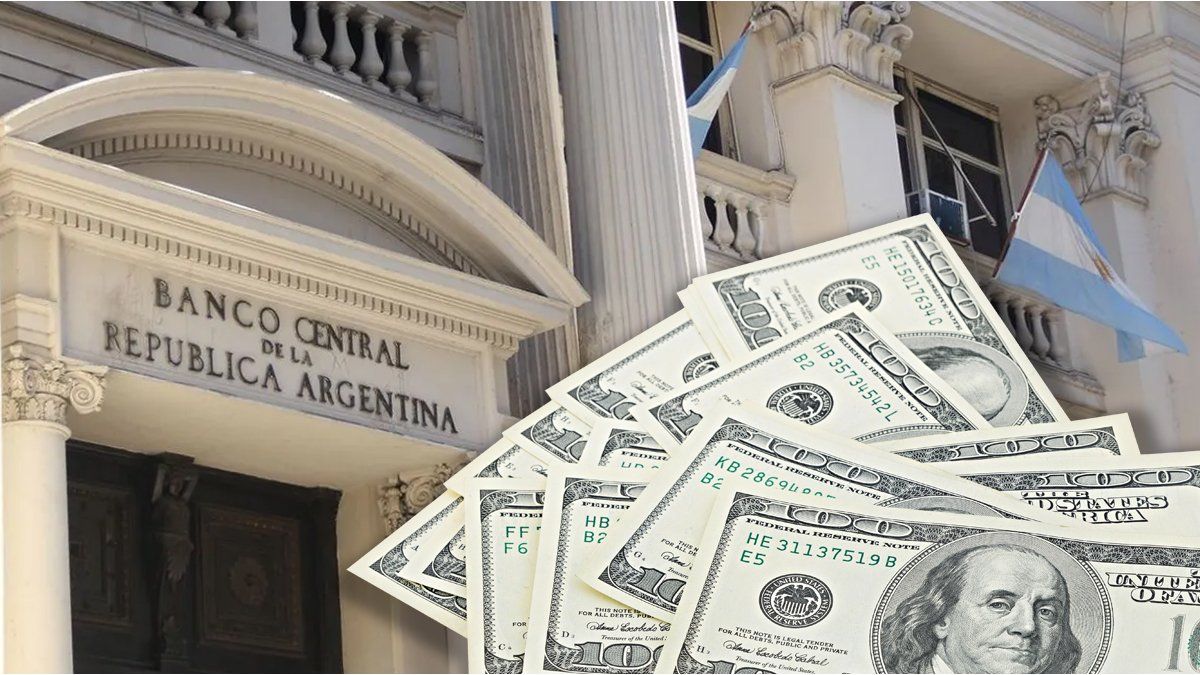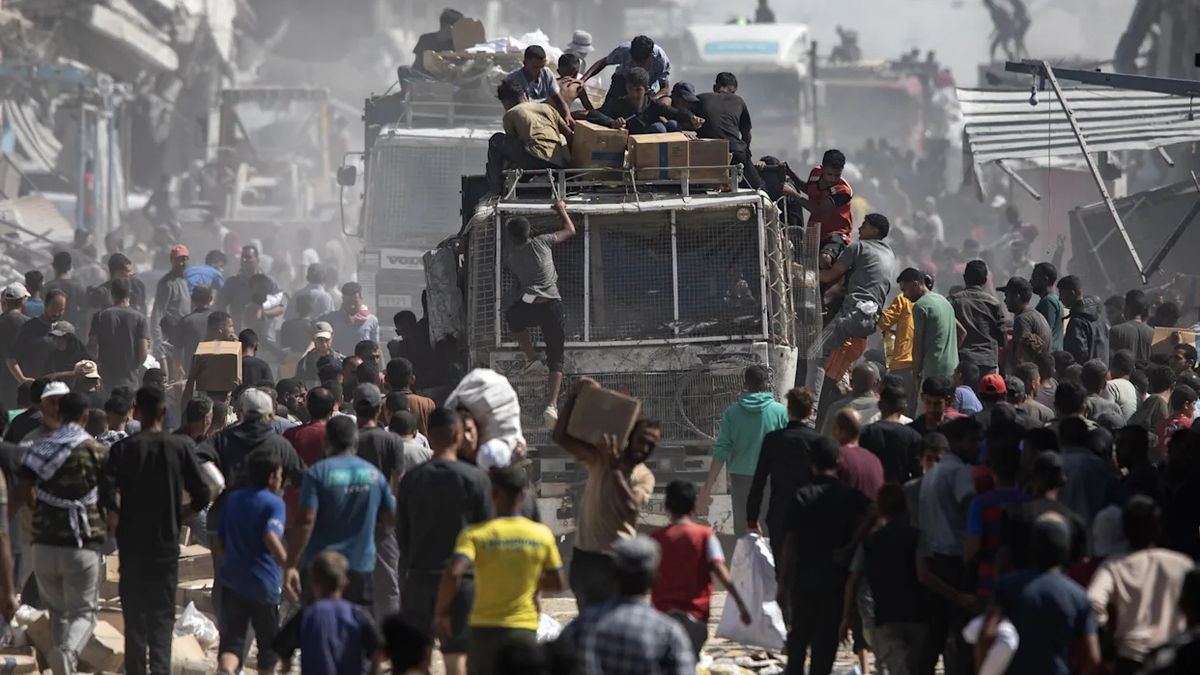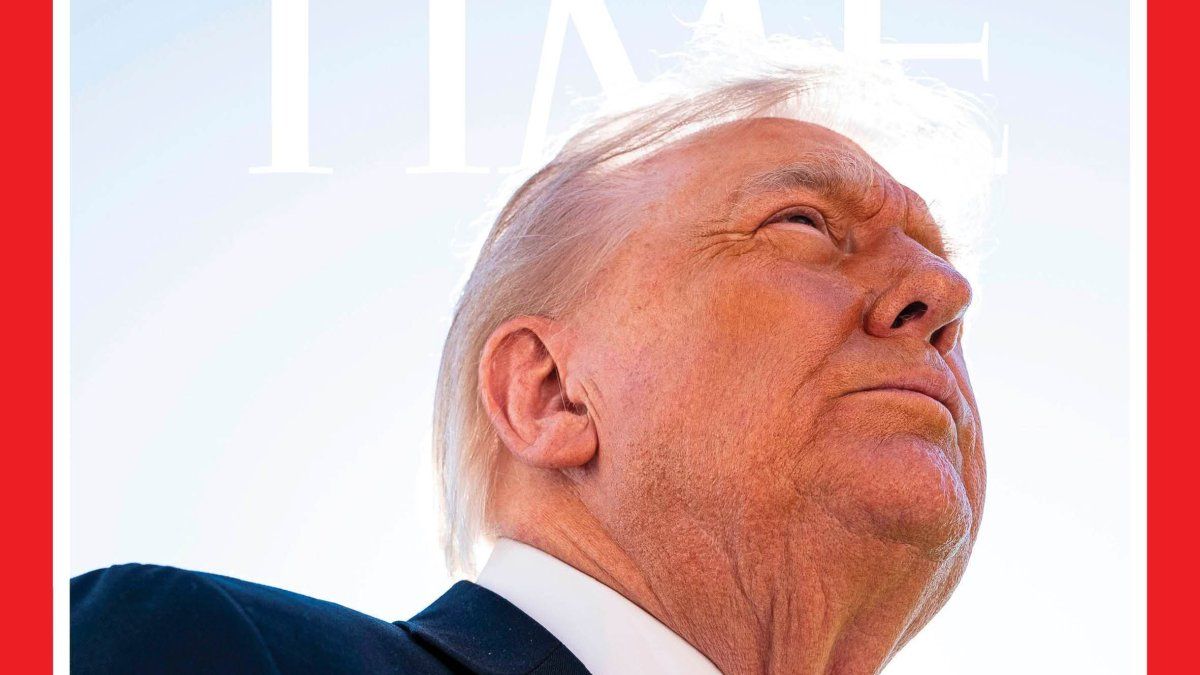The Carry Trade scheme, which allowed investors to obtain high yields for $ 2024 (between 55% and 300% in dollars) Taking advantage of rates in pesos with high gap compared to micro devaluations of 2% monthly, now tries to perpetuate 1% (Crawling PEG), but has become unfeasible in the current pressure context on the exchange rate and shortage of reserves. The growing risk perception and the lack of confidence in the sustainability of this model have led to an incipient capital displacement, projecting a deterioration of the financial market and being able to exacerbate volatility.
Indicators in setback
The markets reflected this instability on Friday, February 7, 2025, when Merval fell 3.50%, evidencing the lack of trust of investors. In turn, the country risk reached 660 points, with an increase of 100 points from its recent floor. The situation is also replicated in sovereign bonds: Bonar 2024 retreated 1.14% last Friday.
In 2024 The productive sector also shows signals of deterioration, The industry contracted 9.4%, while the construction collapsed 30%. These figures reflect a cooling of the economy that directly impacts employment and consumption.
The consequences 2024 are reflected in the labor market. Between December 2023 and November 2024, Registered wage employment was reduced by 119,000 jobsevidencing the deterioration of economic activity and the lack of business confidence to hire new workers.
Oil, global monetary policy, IMF
The international context does not contribute to improving the situation. The price of the Brent barrel, reference for Argentina, remains unstable around $ 74.44, affecting the generation of currency budgeted by energy exports. In addition, US Federal Reserve policies aim to maintain high interest rates, which restricts access to external financing for emerging countries.
In this context, the agreement with the International Monetary Fund (IMF) becomes crucial. However, new money disbursements do not arrive. The IMF spokeswoman continued to praise the past, but has insisted on the need for Argentina to adopt “fiscal, monetary and coherent exchange measures” to access new funds, insinuating the possibility of a devaluation.
Inaction is explained by the political impact of a devaluation
If the Government continues to obtain an unsustainable scheme without taking over measures to reverse the risks, the outcome can be even more serious, approaching the elections. It can go from “slow chamber derailment” to “frontal shock” anticipating. If nothing happened before and the date of October is maintained, no one is going to stay with pesos since July. For that reason, the government tries to advance the media elections.
The combination of a sustained capital escape, a growing fiscal deficit and a lack of external financing can lead to a crisis of greater magnitude. Without enough reservations to contain a exchange rate and without a solid agreement with the IMF, the country could face a disorderly devaluation, an even greater inflation acceleration and a deeper recession. Recent history shows that delays in the implementation of corrective policies only aggravate the magnitude of crises, increasing social and economic costs.
In contrast, An abrupt devaluation would not only have economic implications, but it could also affect the continuity of the Minister of Economy. The loss of credibility with markets and citizens would weaken their position within the cabinet, increasing the political pressure for their replacement. In a context of high volatility, the perception of lack of control over the economy could lead to a rearrangement within the government, with uncertain consequences for the stability of economic management.
In summary, the Argentine economy faces a complex scenario, with a combination of internal and external factors that limit their possibilities of stabilization and growth. The lack of reservations, the deterioration of employment, some future financial volatility and the demands of the IMF configure a challenging panorama that demands urgent and coordinated decisions to avoid a greater crisis.
Director of Esperanza Foundation. Postgraduate professor at UBA and private universities. Master in International Economic Policy, Doctor of Political Science, author of six books.
Source: Ambito
I am Pierce Boyd, a driven and ambitious professional working in the news industry. I have been writing for 24 Hours Worlds for over five years, specializing in sports section coverage. During my tenure at the publication, I have built an impressive portfolio of articles that has earned me a reputation as an experienced journalist and content creator.




